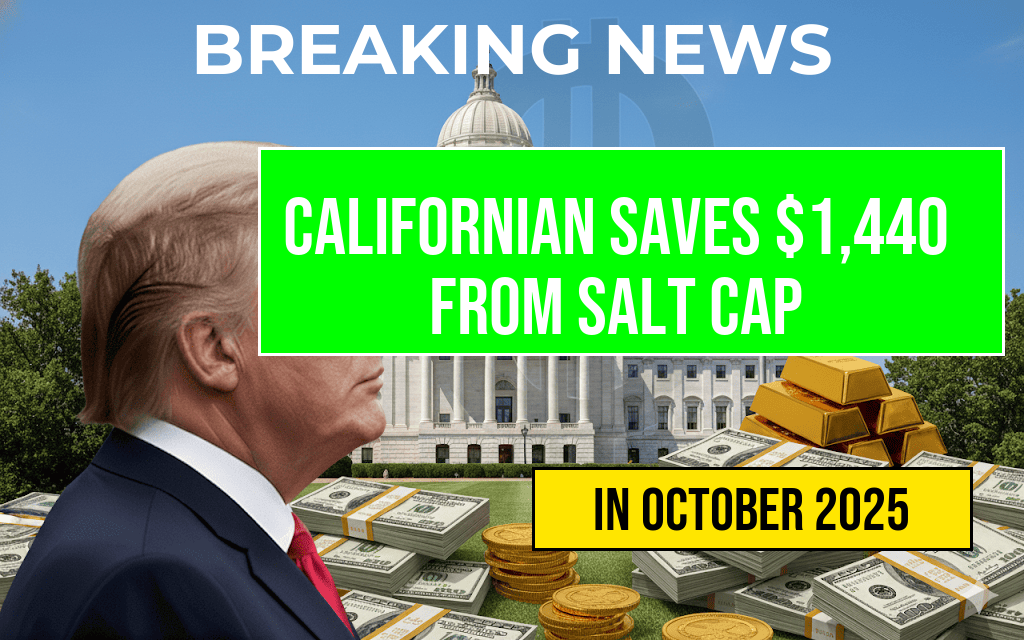Many U.S. residents might be eligible for significant tax relief this year, with some states offering more than $3,000 in potential savings through various relief programs, rebates, and deductions. The landscape of state-specific tax incentives is evolving, driven by economic relief packages, budget surpluses, and policy reforms aimed at easing the financial burden on taxpayers. While eligibility varies widely depending on income, household size, and state of residence, understanding which states offer these opportunities can lead to substantial personal savings. This article explores the current landscape of state tax relief programs, highlights the states providing the most substantial benefits, and provides guidance on how residents can maximize their potential refunds or deductions.
How State Tax Relief Programs Are Structured
State governments implement tax relief initiatives through a combination of direct rebates, increased standard deductions, targeted credits, and temporary tax cuts. These measures aim to address economic challenges faced by residents, such as inflation, pandemic-related financial disruptions, or budget surpluses. The complexity of these programs often leaves taxpayers uncertain about their eligibility and the potential benefits.
Types of Relief Offered
- Rebates and Stimulus Checks: Direct payments to eligible residents, often based on income thresholds or household size.
- Tax Credits: Refundable or non-refundable credits that reduce overall tax liability, sometimes exceeding the amount owed, resulting in refunds.
- Increased Deductions and Exemptions: Temporary adjustments to standard or itemized deductions, lowering taxable income.
- Property Tax Relief: Exemptions, credits, or caps on property taxes for qualifying homeowners.
States Leading the Way in Tax Relief Benefits
Some states stand out for offering over $3,000 in potential tax relief to qualifying residents, particularly those with higher incomes, larger families, or specific property holdings. These states often leverage surplus revenues or targeted relief initiatives to provide substantial benefits.
Top States for Tax Relief Amounts
| State | Estimated Relief Amounts | Key Relief Programs | Additional Notes |
|---|---|---|---|
| California | $3,500–$4,500 | Middle-Class Tax Refund, Rent Relief | Includes rebates for families and tenants, based on income and filing status |
| New York | $3,200–$4,200 | Empire State Child Credit, Property Tax Relief | Significant benefits for homeowners and families with children |
| Illinois | $3,100–$3,800 | Property Tax Credit, Rebate Checks | Focuses on property owners with exemptions for seniors |
Criteria for Qualification and How to Access Benefits
Eligibility for these programs depends on several factors, including income limits, filing status, residency duration, and specific circumstances such as homeownership or dependents. Most states require residents to file specific forms or claim credits during tax season to receive these benefits.
Common Qualification Factors
- Income thresholds: Many programs target middle- and upper-middle-income households.
- Filing status: Married couples, head of households, and single filers may have different eligibility criteria.
- Residency: Only residents for a designated period qualify for state-specific relief.
- Property ownership: Property tax relief programs are generally limited to homeowners.
Steps to Claim Your Relief
- Review your state’s official tax department website for current relief programs and eligibility criteria.
- Gather necessary documentation, such as income statements, property records, or prior year’s tax returns.
- Complete any required claim forms or supplemental schedules during tax filing.
- Consult with a tax professional if you have complex circumstances or need assistance navigating the process.
Additional Resources and Considerations
Tax relief programs are subject to change and may be expanded or reduced based on legislative decisions. Residents should stay informed by checking updates from official sources like state departments of revenue or taxation. Additionally, some programs may be available retroactively for previous tax years, providing opportunities to recover missed benefits.
For more information on federal and state tax relief initiatives, visit the IRS website or consult resources like Wikipedia’s overview of tax incentives.
Maximizing Your Tax Benefits
Taxpayers are encouraged to review their eligibility carefully and consider consulting with tax professionals to optimize their filings. By understanding specific relief options available in their state, residents can potentially secure thousands of dollars in savings or refunds, alleviating financial pressures and enhancing household budgets.
Frequently Asked Questions
Is my state eligible for over $3,000 in tax relief?
To determine if your state qualifies for over $3,000 in tax relief, check the latest criteria and updates provided in the article, which detail the specific states meeting this threshold.
What are the main benefits of qualifying for this tax relief?
Qualifying for over $3,000 in tax relief can significantly reduce your tax burden, increase your refund, and provide financial relief during challenging times.
How can I find out if I am eligible for tax relief in my state?
You can find eligibility details by reviewing the state-specific criteria outlined in the article or by consulting your state tax authority website for updated information.
Are there specific requirements or documents needed to claim this tax relief?
Yes, typically you will need to provide proof of income, filing status, and other supporting documents as specified by your state’s tax department to claim the relief.
Does this tax relief apply to all taxpayers?
No, the tax relief eligibility often depends on income levels, filing status, and other criteria set by your state, so not all taxpayers may qualify.








